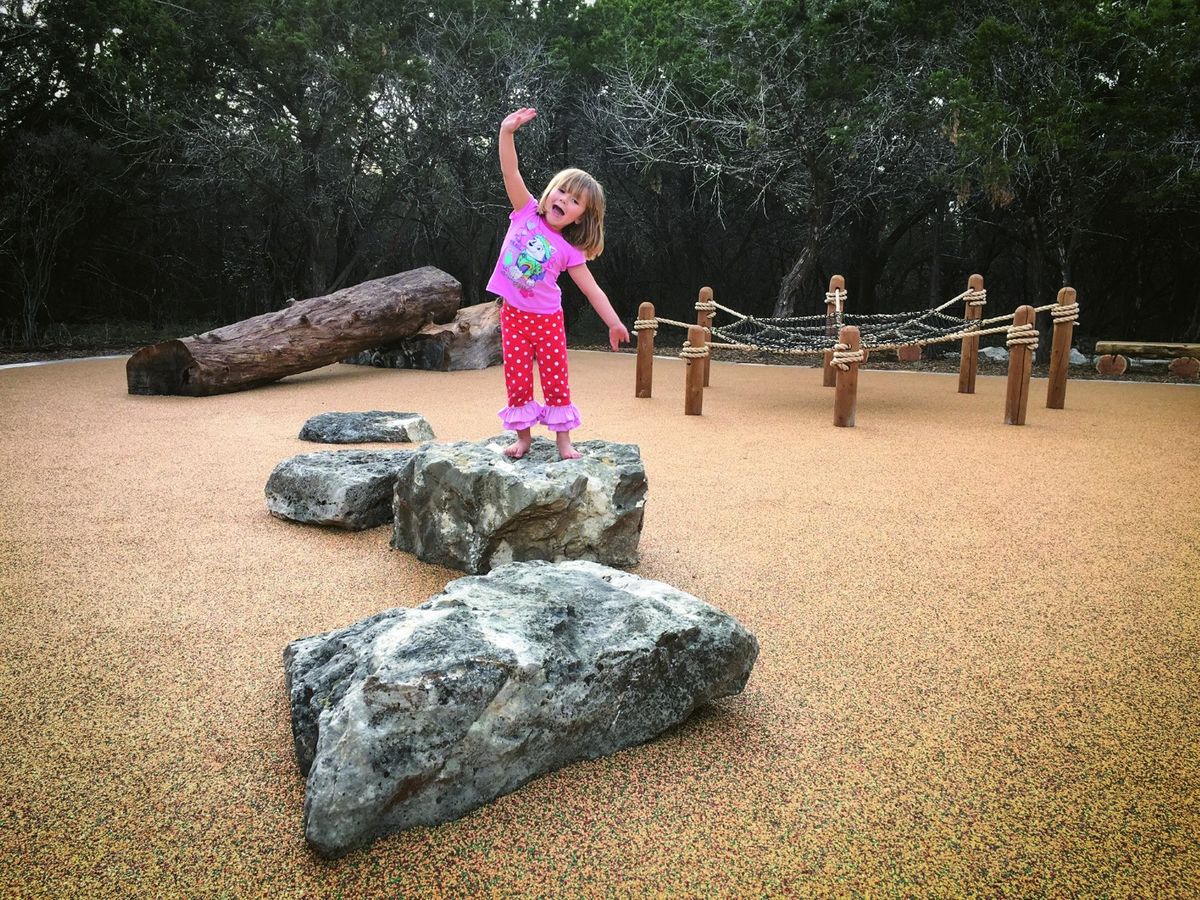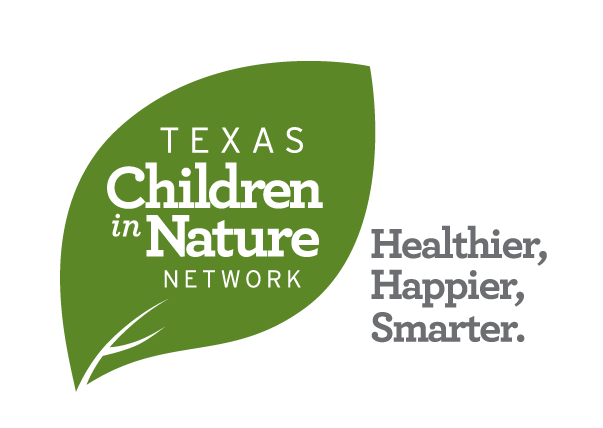
Have Higher Self-esteem
Children who have experiences in the outdoors can have higher self-esteem as they learn to work through problems, test assumptions, and challenge themselves in an outdoor setting.
Facilitating Social Emotional Learning in Kindergarten Classrooms
The development of social emotional skills and competencies is a critical part of early childhood development. This study explored how social emotional learning (SEL) is supported by early childhood education teachers in Singapore kindergarten (aka preschool) classrooms. Observations were conducted in six preschool classrooms.
Support for SEL occurred most frequently during outdoor play. This may be due to conflicts among children occurring more frequently during outdoor play than during indoor activities. One form of SEL support occurs when teachers facilitate conflict resolution. Other opportunities for SEL support occurred as children talked and played with peers, as peer interactions can promote relationship management and social awareness. Self-awareness and positive self-concept were supported through opportunities for the children to make choices about activities they wanted to engage in. Such opportunities help them identify their personal likes and dislikes.
This research demonstrates that teachers tend to use more informal than formal strategies to support children’s SEL and that they do so more frequently in outdoor versus indoor settings. These findings suggest that more outdoor play during the school day may result in increasing opportunities for SEL.
- Ng, Siew Chin, and Rebecca Bull. 2018. “Facilitating Social Emotional Learning in Kindergarten Classrooms: Situational Factors and Teachers’ Strategies.” International Journal of Early Childhood 50 (3): 335–52. https://doi.org/10.1007/s13158-018-0225-9.
Access to Nature Can Promote the Mental Well-being of Children
This systematic review of the literature examined the association between access to green space and the mental well-being of children. Selection criteria included original research focusing on children (0-18 years) published between 2012 and 2017. Twelve articles fitting these criteria were identified. Three additional articles – published prior to 2012 — were included in the review, as they were often cited as important early research on nature-related benefits for children.
The overall findings of this review indicate that access to natural environments can benefit children in various ways, including improvements in confidence, social interactions, cognitive development, academic achievement, and emotional well-being. The implications of this research-based evidence apply to various sectors of society, including urban planners, health practitioners, educators, and families. Specific recommendations are offered for nursing professionals with pediatric patients. Such recommendations include writing prescriptions for outdoor play, advocating for natural playspaces in the community, and collaborating with multiple disciplines and stakeholders in implementing initiatives connecting children with nature. While this review provides strong evidence of the benefits of access to nature for children, additional research addressing both benefits and barriers to green space access is needed.
- McCormick, Rachel. 2017. “Does Access to Green Space Impact the Mental Well-Being of Children: A Systematic Review.” Journal of Pediatric Nursing: Nursing Care of Children and Families 37 (November): 3–7. https://doi.org/10.1016/j.pedn.2017.08.027.
Outdoor Experience for Teens Has Self-Reported Life-Changing Results
A classic 1998 study by Dr. Stephen R. Kellert of Yale University, with assistance from Victoria Derr, remains the most comprehensive research to date to examine the effects on teenage youth of participation in outdoor education, specifically wilderness-based programs. Subjects were participants in programs offered through three old and well-respected organizations: the Student Conservation Association (SCA), the National Outdoor Leadership School (NOLS), and Outward Bound. The researchers used quantitative and qualitative research techniques, and parallel use of both retrospective and longitudinal study techniques. Results indicate that the majority of respondents found this outdoor experience to be "one of the best in their life." Participants report positive effects on their personal, intellectual, and, in some cases, spiritual development. Pronounced results were found in enhanced self-esteem, self-confidence, independence, autonomy and initiative. These impacts occurred among both the retrospective and longitudinal respondents in this study, which means, in part, that these results persisted through many years.
- Kellert, Stephen R.; with the assistance of Victoria Derr. "A National Study of Outdoor Wilderness Experience." New Haven: Yale University, 1998. Available at the National Outdoor Leadership School web site.
